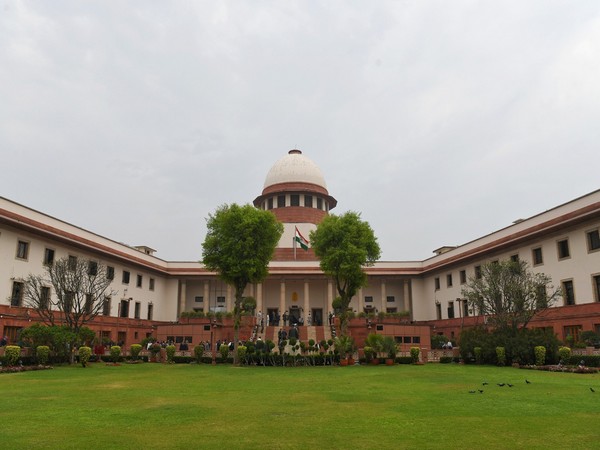
The Supreme Court, on Thursday, dismissed a plea demanding the cessation of WhatsApp operations in India over claims of non-compliance with the newly enacted Information Technology Rules. The petition, put forward by Omanakuttan KG, a software engineer, was rejected by a bench of Justices MM Sundresh and Aravind Kumar. Earlier, the petitioner approached the Kerala High Court, urging the central government to ban the instant messaging platform for failing to adhere to government authorities' directives.
In June 2021, the Kerala High Court ruled that the Public Interest Litigation was 'premature', prompting the petitioner to escalate the matter to the apex court. The petition argued that WhatsApp's updated privacy policy could lead to user manipulation and violated privacy rights. It was initially alleged that the platform retains extensive personal data, including battery levels, without adequate user traceability, advocating a disparity between compliance standards in Europe versus India.

(With inputs from agencies.).










